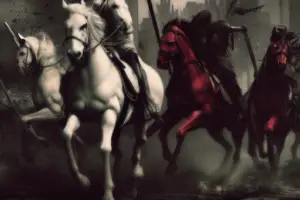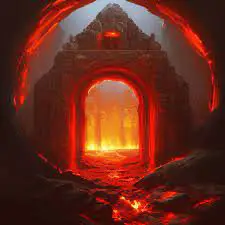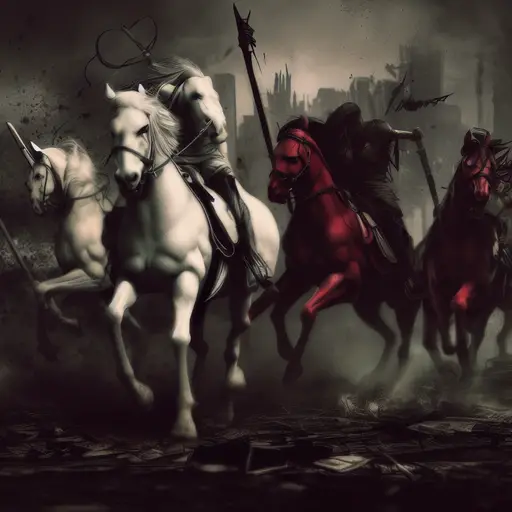Amelia had always been fascinated by Dante’s Inferno. She loved the dark story and the depths of the human psyche that it explored. When she found out that the movie was being remade, she was beyond excited. She had imagined the perfect adaptation in her head, complete with all the gore, action, and suspense that she craved. But the reality was different. When she walked out of the theater, she was disappointed. The movie lacked the intensity that she had hoped for. It had failed to capture the essence of Dante’s Inferno.
Amelia couldn’t stop thinking about it. She knew she could do better. So she started writing. The more she wrote, the more she got sucked into the story. She was living and breathing Dante’s Inferno. She wanted to create a world that was both terrifying and captivating. A world that the readers would never forget.
Her story began with the protagonist, Dante, a young man who had lost his way. He was lost in a dark forest, and the only way out was through hell. Amelia wanted to create a character that was relatable, someone who had gone through the struggles that most people face. She wanted to tell a story of redemption, to show that no matter how far we fall, there is always a way to climb back up.
Dante’s journey through hell was perilous. He encountered demons, lost souls, and punishments that were beyond his imagination. Each level of hell was unique, each having its own set of horrors. The first level was reserved for the unbaptized and the virtuous pagans. Here, they were forced to live in limbo, in a perpetual state of longing for something they could never have.
The second level was for the lustful. Here, Dante met Francesca and Paolo, two lovers who were doomed to be forever entwined in each other’s embrace. They told Dante their tragic story, and he couldn’t help but feel the pain of their unfulfilled love.
As Dante descended deeper into hell, he encountered more demons and more lost souls. He faced his own demons too, as he realized that he was not as innocent as he had thought. The third level was for the gluttonous, and Dante was forced to see the consequences of his own overindulgence.
The fourth level was for the hoarders and the spendthrifts. Here, Dante met Plutus, the god of wealth, who guarded the entrance to the fifth level. The fifth level was for the wrathful and the sullen. Here, Dante encountered the river Styx, and he was ferried across by Phlegyas, a boatman who had fallen from grace.
The sixth level was for the heretics, where Dante met Farinata, a Florentine noble who had been condemned for his beliefs. Dante learned that even those who he had considered enemies had their own stories, their own pains and sufferings.
The seventh level was for the violent, and Dante could no longer hide from his own violence. He met his old teacher, Brunetto Latini, who had been condemned to the seventh level. Brunetto told him that even those who had committed the most heinous of crimes had a chance at redemption, a chance to change.
The eighth level was for the frauds, and Dante saw firsthand the manipulation and deception that humans were capable of. Here, he met the devil himself, who told him that he had been created to punish the faithless.
The ninth and final level was for the treacherous, and Dante had to confront his own traitorous nature. He wept for those who had been condemned to this level, for their betrayal of loved ones and country was unforgivable.
In the end, Dante climbed out of hell and into the light. He had faced his own demons and had emerged victorious. He realized that redemption was possible, that even in the depths of darkness, there was a glimmer of light.
Amelia’s novel was a masterpiece. She had created a world that was both terrifying and beautiful. She had explored the themes of redemption, forgiveness, and the human condition. Her characters were memorable, their stories heart-wrenching. Her words painted a vivid picture of hell, that was both accurate and imaginative.
As she finished writing the last line, Amelia felt a sense of satisfaction wash over her. She had created something that would outlast her. She had breathed new life into Dante’s Inferno, and in doing so, she had given hope to her readers.












